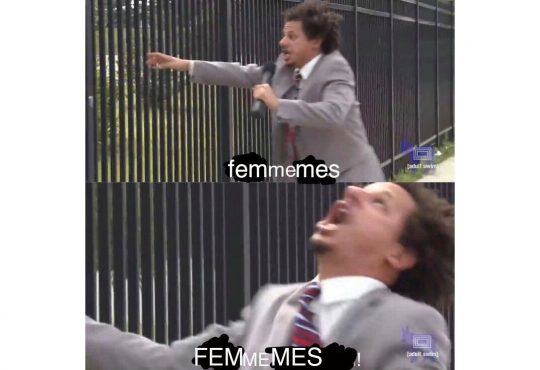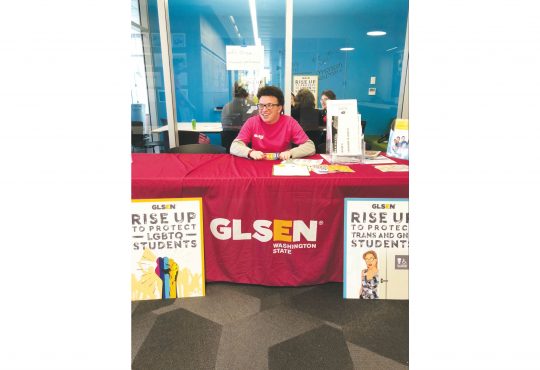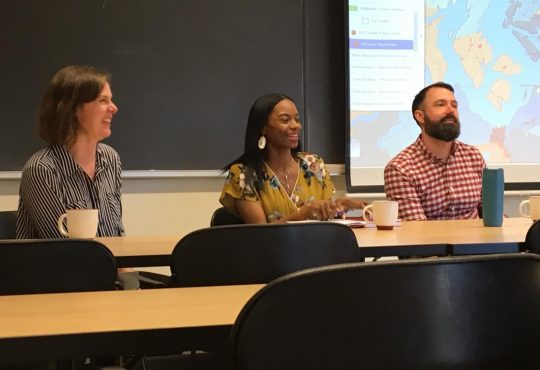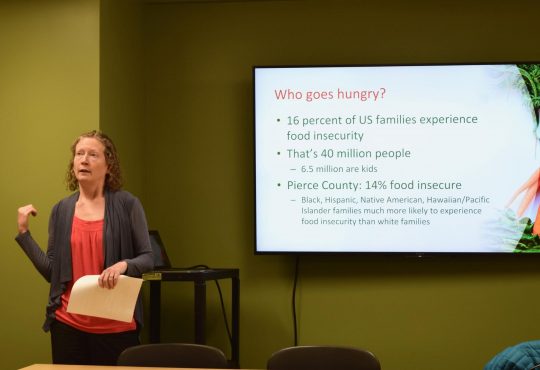
The United Methodist Church voted in the second-to-last week of February to exclude LGBT+ people from fully participating in the church. This meant toughening their stance on performing same-sex marriages. They also toughened their stance on allowing people identifying as LGBT+ to become members of the clergy. This decision was made at the major conference that the United Methodist Church holds every couple of years.
“The United Methodist Church has had anti-LGBTQ+ language in its Book of Discipline (rule book) for almost its entire existence (the denomination has existed in its current form since 1968, when the Methodist Church merged with the Evangelical United Brethren Church). The UMC is global and so delegates who come together from all over the world for all-church General Conferences every four years bring a variety of opinions, cultural practices, beliefs, ways of interpreting the Bible to the table. This makes our tradition very rich, I believe, but it also makes it hard to agree on some things,” Kristina Sinks, President of UMeth, the Methodist student club on campus, said.
This news affects campus because the University is still affiliated with the United Methodist Church. The University of Puget Sound was founded by the Methodist church in 1888, and while the University is now run entirely independently of the church, it maintains its affiliation with the organization.
President Crawford sent an email to campus in the wake of the announcement reaffirming the dignity of students affected by this, and placing his support behind LGBTQ+ students in the wake of the church announcements.
“Puget Sound maintains an affiliation with the church based on shared values that include access to education, academic freedom, social justice, environmental stewardship, interfaith dialogue, and global focus. In addition to these shared values, we have many reasons to be proud of our Methodist heritage, including our student members of the campus club UMeth, our Methodist-appointed campus chaplain, and the many ways that these and other members of our campus community contribute to the spiritual life and wellbeing of the campus community as a whole,” President Crawford wrote.
UMeth responded to the announcement by requesting that the following statement from the club be published in The Trail: “We condemn the decision of the United Methodist Church’s General Conference last week to tighten the restrictions on LGBTQ+ clergy and same-sex marriages performed in the Church/by United Methodist clergy, and to increase the disciplinary risk for those Church leaders and congregations who support LGBTQ+ inclusion. We also condemn the harm the church has done to the LGBTQ+ communities and ask for forgiveness for our role in this harm. As University of Puget Sound students, as LGBTQ+ folks and allies, as Christians, and as United Methodists, we will not abide by the ruling of the General Conference and will continue to be an inclusive and affirming campus ministry, open to all. This has been true of our campus club since 1995, making Puget Sound only the fourth campus in the nation at that time to have its Methodist club take such a position. We will continue to advocate for full inclusion of all people.”
Sinks explained that although the more traditional, anti-LGBT+ side of the church won out at the conference, the vote was close. Sinks explained that out of the 800 or so delegates sent to the conference, 53 percent voted against an inclusive church, which leaves 47 percent who voted for inclusion.
“While the exclusive language has existed in the ‘Book of Discipline’ for over 45 years, there were also United Methodists on the front lines of the gay liberation movement. So … the church has always been split on this discussion of inclusion,” Sinks said.
Sinks went on to say that many members of the United Methodist church have disobeyed the rules in the past by performing same-sex marriages and ordaining LGBTQ+ clergy. It will cause a rift in the church as those who prefer a more inclusive model will be forced to reexamine their connection to the church.
“I was texting on and off with some folks who were at the conference and I was in almost constant connection with friends on campus and from across the ‘United Methodist connection,’ which was helpful, but the whole thing was such a rollercoaster. I was really emotionally shaken out of concern for the wellbeing of the UMC, which I care deeply about and hope to be ordained in one day, but more importantly, out of concern for the wellbeing of LGBTQ+ friends and mentors and young people who are continually told that who they are is not welcome in the church,” Sinks said.
“The outcome was not really unexpected for me, but I hadn’t realized the extent of the spitefulness and focus on punishment present in the discussion until I was watching the conference itself. and, with every vote, this focus on punishment for LGBTQ+ folks and those working towards inclusion became clearer and clearer,” Sinks continued.
These sentiments towards the decision were echoed by University Chaplain Dave Wright, who has spent a long time watching this issue and paying close attention to how it could affect his work on campus.
“While I had been anticipating things to go poorly at [the conference], it was still a repeated punch in the gut as different things took place, leading up to the final vote. I was at a conference of multifaith chaplains in higher education at the time, and the dozen or so of us that were there who are United Methodist kept finding times to connect and reconnect with each other. Even more importantly, our Humanist, Muslim, Jewish, Buddhist, and other Christian colleagues kept checking in with us and offering love and support and affirmation. The feelings in the moment were a mix of ‘again???!!!???’ with anger and rage, plus a dose of exhaustion,” Wright wrote.
Wright has spent many years wrestling with his own identity in conjunction with his work in the church, and hopes to help students through this process in his work on campus.
“My hope and belief is that this set of actions is finally the end of the United Methodist Church as we’ve known it. Something will continue, but I’ve heard again and again in my own heart as well as from LGBTQ+ [United Methodists] across the country (and particularly LGBTQ+ people of color who are UM) that this moment calls us to finally address the long histories of racist, colonialist, sexist, and heterosexist structure that can’t help but be present in any movement that emerged from 18th century Britain,” Wright said.
Wright encouraged students affected by this decision to use the resources available at Puget Sound to gain support. He himself holds hours for students and is always accessible by email. Wright also encouraged students to reflect on their own worth.
“Above all, you are of sacred worth, and (speaking as a theist) you are beloved by the Sacred. No church, no religion, no government can take that away from you. No organization has the right to tell you that you’re not. It shouldn’t even take that sort of system to tell you that you are beloved, that you are sacred, but I know it helps all of us to get affirmation from the world around us,” Wright said.
Both Sinks and Wright encouraged students to use their own judgement in how much they involve themselves with the church in regards to their own health and safety, but for those for whom faith isn’t an option, they will feel supported on this campus.
“Within the Christian tradition, there are MANY ways of understanding scriptures and beliefs and God. If you have been raised within a system that harms you, or that puts who you are at odds with what you’ve been told to believe, it’s fully understandable that you might need to just walk away from that. For others, that might feel impossible,” Wright said.
“Be safe and take care of yourself above all; and if you feel stuck, you’re not alone and myself and many, many others would be willing to journey with you on a road that fully affirms and embraces you as you are and that may find space for you to hold that self alongside a healthy sense of faith and belief – or to find ways of life that might not include traditional faith or belief but that allow you to fully embrace who you are,” Wright concluded.






